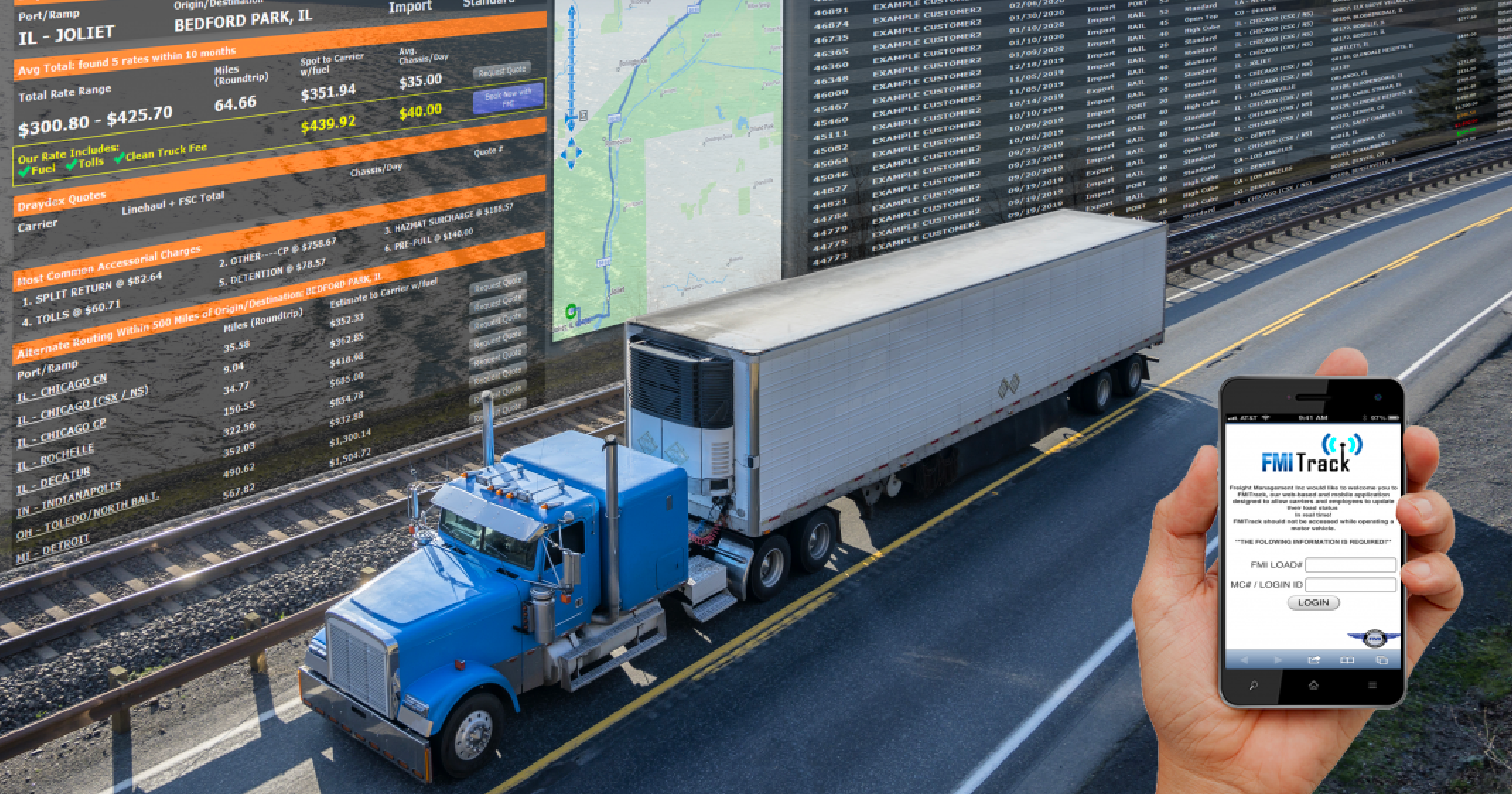The British real estate market has always been a diverse and intricate realm, offering a wide array of housing choices for potential buyers, including estate agents in the UK. Among these options, leasehold properties often come into the spotlight. Essentially, a leasehold property involves a long-term agreement between the buyer (known as the leaseholder) and the freeholder, granting the leaseholder the right to occupy the property for a specified duration. While this setup has its advantages, it also introduces a set of challenges that prospective buyers should carefully consider. In this article, we will delve into the positives and negatives of purchasing leasehold properties in the UK, shedding light on both the benefits and potential drawbacks of this unique form of homeownership.
Exploring the Upsides of Buying Leasehold Properties
Affordability and Accessibility:
Leasehold properties often offer a more affordable entry point into the property market, making homeownership achievable for a wider range of people. This is particularly beneficial for first-time buyers or individuals looking to invest in prime locations without the hefty price tag commonly associated with freehold properties.
Maintenance and Management:
A significant advantage of leasehold properties is that the responsibility for maintaining and managing communal areas typically falls on the freeholder or a property management company. This can alleviate a considerable burden from the leaseholder’s shoulders, sparing them the hassle of dealing with repairs, landscaping, and other shared upkeep.
Shared Costs:
Under a leasehold arrangement, the costs of maintaining the building and its shared facilities are distributed among multiple leaseholders. This can alleviate financial strain on individual homeowners, making it a viable option for those who might struggle to cover the full expenses linked to freehold properties.
Services and Amenities:
Many leasehold developments come with additional services and amenities, such as concierge services, gym facilities, and communal gardens. These offerings can enhance residents’ overall quality of life and contribute to a sense of community within the development.
Examining the Drawbacks of Buying Leasehold Properties
Lease Length and Renewal:
One of the major downsides of leasehold properties is the finite nature of the lease itself. As the lease term diminishes, the property’s value could decline, and leaseholders might encounter challenges when attempting to sell or secure financing. Extending or renewing the lease can be a complex and expensive process, often involving negotiations with the freeholder.
Ground Rent and Service Charges:
Leasehold properties often come with regular ground rent payments and service charges, which cover maintenance and management costs. However, these charges are subject to change and can rise over time, potentially becoming a financial burden for leaseholders.
Limited Control:
Leaseholders have limited control over the property and its management decisions. Major alterations or improvements to the property may require approval from the freeholder, leaving leaseholders dependent on the freeholder’s decisions concerning maintenance and repairs.
Potential for Disputes:
Disputes between leaseholders and freeholders can arise due to various issues, such as disagreements over service charges or conflicts concerning lease terms and property management. These conflicts can lead to legal expenses and create an unwelcome atmosphere within the development.
Navigating the Challenges
Seeking Legal Advice:
Before committing to a leasehold property, it’s advisable to seek legal advice to fully comprehend the lease terms and potential consequences. Legal professionals can help navigate the complexities of lease agreements and offer guidance on lease extensions and renewals.
Inquiring About Lease Terms:
Prospective buyers should thoroughly review the lease terms, paying close attention to factors like the lease duration, ground rent arrangements, and service charge details. This information will enable buyers to make informed decisions and evaluate the long-term financial implications.
Considering Lease Extension:
For those purchasing leasehold properties with shorter lease terms, exploring the option of extending the lease is crucial. Extending the lease can help preserve the property’s value and enhance its marketability in the future.
Deciding whether to buy a leasehold property in the UK involves careful consideration of financial factors and personal preferences. While leasehold properties offer affordability and reduced maintenance responsibilities, they also present potential challenges like lease expiration and escalating charges. Aspiring homeowners should weigh the pros and cons thoughtfully, seeking professional guidance and conducting thorough research before making a commitment. By doing so, they can navigate the intricacies of leasehold ownership and make a well-informed choice aligned with their long-term housing objectives.








